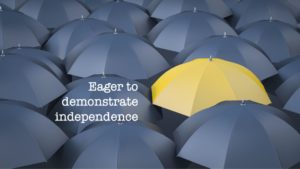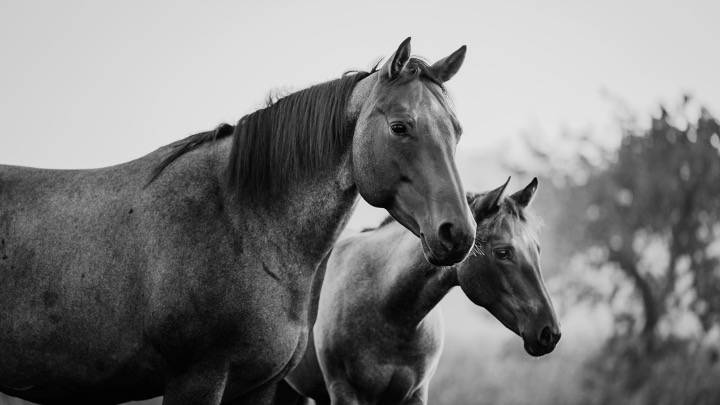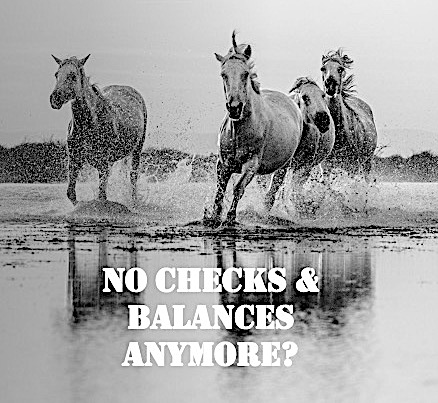There can be no doubt that the role of sports sciences in high performance sport is growing – and that India has shown signs of moving in that direction. It is important that in its nascent stage itself, everyone understands the need for greater interface and trust between various sports sciences and coaches.

Having worked with high performance athletes and coaches of several nationalities and drawing from my practice of over the past decade and a half, running alongside my academic pursuits, I tend to think of broadly three types of high performance coaches vis-à-vis their acceptance of sports sciences.
There is many a coach with no knowledge of what sports science can do. At the other end of the spectrum are coaches who know it all but do not trust anyone to provide support to the existing methods employed on their athletes. And somewhere between these two types are coaches with some knowledge about and who have had bad experiences with sports sciences.
Sports scientists need to work in a way that works for their client. We have a certain way of working. But the ultimate decision on what they want from sports scientists is made by the coach and the athlete. Sometimes the agreement is hard to achieve, and you need to go with the flow. It will be easier for the sports scientist to do that than the coach.
It is good to carry your passion to workplace, but not your emotions. No coach is a good coach or a bad coach. There are different types of coaches based on their personalities and approach to coaching. And it is imperative to go in with an attitude of servitude, happy to do what needs to be done within the real situation – beyond the ideal, and the attainable.
Let me speak at some length about each of these types and how to get working with them.

The first type of coach has been hearing a lot of things about sports science but is over-protective of the athlete. It is not because the coach does not trust sports science. It is because the coach is nervous about not knowing anything about the supplemental role of sports science. And, about not being able to call out anything unproductive done by a sports scientist.
The sports scientist must remember that this coach’s self-efficacy in this aspect can be low. And since the coach doesn’t want to show it, his behaviour can be a bit more aloof, even aggressive. The onus is on the sports scientist to drive conversations around what the coach is good at and be comfortable in the awareness that he doesn’t have much knowledge about sports sciences.
The sports scientist must build a camaraderie with the coach and simplify sports science. Since the coach can be overwhelmed by a number of specialists capable of providing support, one sports scientists who is part of the team that is working with the athlete should take that responsibility. If done properly, things can become better over time.
It will help to start with basics and include the coach in the conversation with the athlete because the coach knows the ground reality better than anyone else. For, no matter how massive, cutting-edge your research is, if it is not connected with the ground reality and indigenised to the needs of the athlete and the coach, it is good only as an academic study and of little use to them both.
I have been asked how a coach can be convinced that a sports scientist is only a supplement. The idea is must be to make the coach feel supported and not nervous or helpless. I don’t assume that the coach and athlete know how sports psychology works and how I work. I explain what I do, how I do and that I am only a supporting staff.
Also, I don’t judge athletes or coaches. I tell them that I take a third-person’s perspective of the situation and discuss possible solutions. I empower the athletes to think for themselves by helping them open their minds. In most cases, I am working on the coaches as well. At least one in three or four coaches come forward and let me know that they would like me to work on them as well.

Now, let us train our thoughts on the other type of coaches who are well-read, aware and eager to try but worry about something going wrong when a third person provides the support. They want to do everything themselves. They can end up doing more harm than reap benefit since they are possibly doing it in a rushed, incomplete way. Also, they can get drained by wearing so many hats.
There is a different way to approach working with them. Sports scientists need to verbalise some things to them. They can tell when anyone sugar coats things to them and we can lose them if we say things for the sake of saying them. You then set every other sports scientist in a bad light and set a very wrong precedent.
We need to give them due credit for their intention to make things better for their athlete and themselves, their belief in sports science and the massive effort that they would have put to gather knowledge of different branches of sports science despite being coaches themselves. They also have the guts to risk applying new learnings to their coaching. That needs to be appreciated.

Finally, let us talk about the third type of coach who has some knowledge and has been trying a few things on his own or with some help. But this coach is very unsure and confused despite being eager. This kind of coach is the toughest, but I must admit, the most interesting to work with over time.
It is tough to apply the lessons learnt from other coaches to these sorts. They have a lot of plans but don’t follow through. Here, it helps to win the athlete over first by talking about different branches of sports sciences. If the athlete can see reason to embrace any of them, the coach can be convinced, too. The coach will understand each separate, but inter-connected, area with time.
It will need a lot of patience, education and flexibility. It does not help to offer a rigid plan to such coaches. They take symptomatic help. And you give them that. It is easy to get frustrated with such coaches and only experienced people can work with such coaches. Even the sports scientists will need to have a lot of emotional stability when supporting these coaches. Over a period of time, they may convert into seeing what sports scientists bring to the table.
As a sports psychologist, I believe the coach needs to know the outcome of the Needs Analysis that I conduct on the athlete when joining the support team. I am believer that I have to prepare the athletes to a point that they do not need my support during competition.
I don’t feel I am responsible for the achievement of my athlete. I am but one of the facilitators, quite like the ingredients of a dish. I don’t promise athletes a podium finish but aim to facilitate their best performance. If I can help them express their full potential during competition, that is a win for me. I encourage them to focus on being their best.
The self-regulation of the athlete and the coach is very important. They have the answers and just need an expert to facilitate them find those answers by helping them open their minds. If I start handing out solutions, I am not empowering them but making them dependent. The fact is that no sports scientist knows more about an athlete than the athlete and the coach themselves.
The time, energy and the depth of thinking. I do best not to know the sport a lot. Because when the coach and athlete are discussing tactics, I only want to look at the mind game part of it. If I know more about the sport, I might unintentionally become an assistant coach. It helps not to have deep knowledge of the sport.
You always feel there is something better that you can do. The day that stops, it can become boring. This journey has been so amazing, every single day, every single conversation with an athlete. It is not just the athletes and coaches who are growing, you are growing, too.
I must recall one of my most challenging and satisfying conversions.
A coach, who hated sports psychologists, believed that resorting to sports psychology makes an athlete weak by getting them into self-pity mode. It took me nearly a year to win the coach over. I had to unlearn a lot of things and do it differently. And it worked. At the end of the project, she hand-knitted me a swan and had tears when she said ‘You are my sister’.
When you convert such coaches and make them sports science-supportive, by helping understand that this is not rocket science, that is the best combination. They can see your passion and not take away their glory or harm their athlete, they work with you hand-in-hand. Those journeys have been the best in my experience.




Nice article